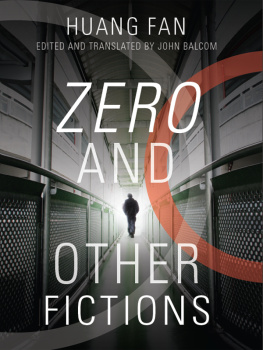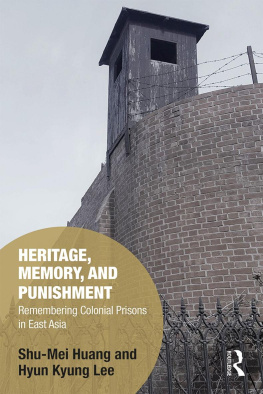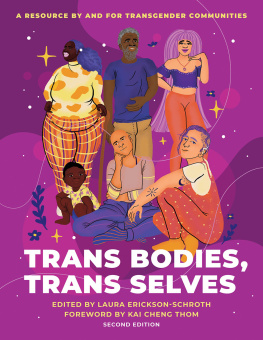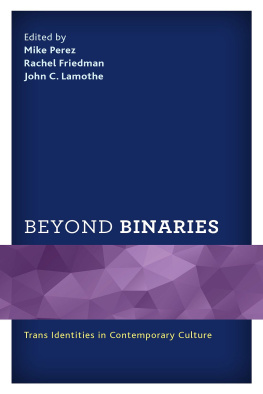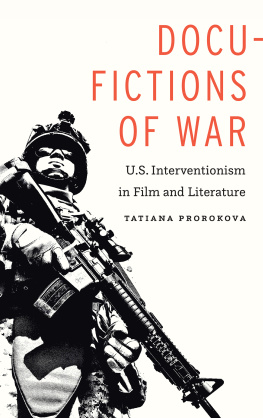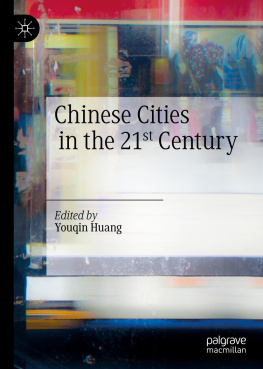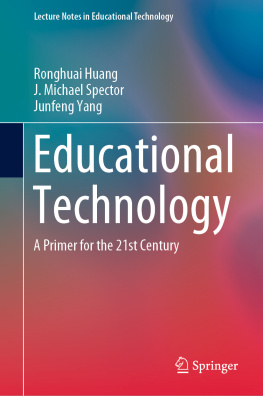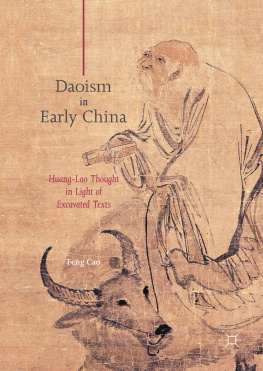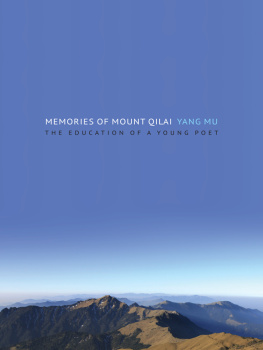zero and other fictions
Modern Chinese Literature from Taiwan
MODERN CHINESE LITERATURE FROM TAIWAN
Editorial Board
Pang-yuan Chi
Gran Malmqvist
David Der-wei Wang, Coordinator
Wang Chen-ho, Rose, Rose, I Love You
Cheng Ching-wen, Three-Legged Horse
Chu Tien-wen, Notes of a Desolate Man
Hsiao Li-hung, A Thousand Moons on a Thousand Rivers
Chang Ta-chun, Wild Kids: Two Novels About Growing Up
Michelle Yeh and N. G. D. Malmqvist, editors, Frontier Taiwan: An Anthology of Modern Chinese Poetry
Li Qiao, Wintry Night
Huang Chun-ming, The Taste of Apples
Chang Hsi-kuo, The City Trilogy: Five Jade Disks, Defenders of the Dragon City, Tale of a Feather
Li Yung-ping, Retribution: The Jiling Chronicles
Shih Shu-ching, City of the Queen: A Novel of Colonial Hong Kong
Wu Zhuoliu, Orphan of Asia
Ping Lu, Love and Revolution: A Novel About Song Qingling and Sun Yat-sen
Zhang Guixing, My South Seas Sleeping Beauty: A Tale of Memory and Longing
Chu Tien-hsin, The Old Capital: A Novel of Taipei
Guo Songfen, Running Mother and Other Stories
zero and other fictions
Huang Fan
edited and translated by John Balcom

COLUMBIA UNIVERSITY PRESS
NEW YORK
Columbia University Press wishes to express its appreciation for assistance given by the Chiang Ching-kuo Foundation for International Scholarly Exchange and Council for Cultural Affairs in the preparation of the translation and in the publication of this series.
Columbia University Press
Publishers Since 1893
New York Chichester, West Sussex
cup.columbia.edu
Copyright 2011 Columbia University Press
All rights reserved
E-ISBN 978-0-231-52805-4
Library of Congress Cataloging-in-Publication Data
Huang, Fan, 1950
[Short stories. English. Selections]
Zero and other fictions / Huang Fan ; edited and translated by John Balcom.
p. cm. (Modern Chinese literature from Taiwan)
ISBN 978-0-231-15740-7 (cloth : alk. paper) ISBN 978-0-231-52805-4 (electronic)
1. TaiwanFiction. 2. City and town lifeFiction. 3. Political fiction, Chinese. 4. Satire, Chinese. I. Balcom, John. II. Title.
PL2865.F3A2 2011
895.1352dc22 2010051441
A Columbia University Press E-book.
CUP would be pleased to hear about your reading experience with this e-book at .
References to Internet Web sites (URLs) were accurate at the time of writing. Neither the author nor Columbia University Press is responsible for URLs that may have expired or changed since the manuscript was prepared.
contents
Huang Fan and Taiwan Fiction
Huang Fan, the literary phenomenon, is a bright star among Taiwans so-called new generation of writers, most of whom were born in the 1950s and who became prominent in the 1980s. Huang was such a prolific author during the 1980s that the decade is often referred to as the Age of Huang Fan. He has won every major literary award multiple times.
Huang Fan was born in Taipei in 1950. He grew up in straitened circumstances and was educated as an industrial engineer but held a variety of jobs, including food processing director and editor. After early success as an author, he turned to writing full-time.
He is known primarily as an urban writer, a political satirist, and a science fiction writer, but he is also widely considered one of the preeminent postmodernists from Taiwan. Critics tend to categorize Huangs work by period and by content. His writing has been divided into four periods:
Political and urban literature period, 197985. During this period, Huang focused on political and urban trends. Lai Suo is perhaps the most representative work from this period.
Postmodernist period, 198592. In this period, Huangs work, while retaining its focus on urban and political issues and science fiction, tended to include a metafictional level and often took an absurdist tone.
Reclusive period, 19932002. For almost a decade, Huang wrote little fiction. He spent a great deal of time studying Buddhism and writing essays.
Reemergence, 2003present. Since 2003, Huang has reemerged as a major writer, penning two significant novels, Impatient Country (2003) and College Thief (2004), and a collection of shorter works, Surmising Cat (2005).
Regardless of how critics categorize Huangs writing, a number of consistent qualities unify the various periods and types of fiction, particularly his black humor and a critical spirit, often satirical in nature. Dr. Johnson said that in satire, wickedness or folly is censured. Huangs political and urban stories criticize recent trends; his science fiction, as might be expected, tends to censure human activity in a more generalized way; and even his postmodern fiction tends to satirize not only recent trends but also the act of writing itself.
The works included here were chosen as representative of Huangs oeuvre as a whole, and serve to illustrate the range of his creativity. Despite being a well-received writer in Taiwan, he has not been widely translated; this is the first collection of his work to appear in English.
Huang Fan burst onto the literary scene in 1979 with Lai Suo, which was awarded the China Times Literary Prize. The story has been widely anthologized over the years and has gained the status of a modern classic. It portrays the pathos and absurdity of the eponymous victim of modern Taiwanese politics. Lai Suos tragedy is that of a nave individual who sees his few political ideals shattered and is himself used as a pawn by the more powerful in their drive for political control. The shifting time frame and stream-of-consciousness narration effectively convey Lai Suos psychic dislocations against the backdrop of Taiwans transition from Japanese colonial rule to the KMT White Terror, then to the economic takeoff on the 1970s.
The story was groundbreaking for a number of reasons. It was one of the first stories to transcend the strict political dichotomy by attacking both the ruling Nationalist (KMT) Party and the opposition. Also, the work is urban in focus. In terms of the history of the development of postwar fiction in Taiwan, this is important. Taiwans great modernist writers had dealt with the entire spectrum of the Taiwan experience, but with an eye to aesthetic concerns. In the 1970s, there was a backlash against what many saw as the adverse Western influence on Taiwan literature, with a shift to Nativism and a greater concern for rural or proletarian content and themes. Huangs story directly challenges this position and restores some balance to the depiction of the Taiwan experience. Lai Suo, though a pathetic character himself, seems still to see himself as a cut above his wifes relatives from the countryside, who are coarse and nave. The story contains the germ of much of Huangs later work.
The Intelligent Man was published in 1989. it is a satire-allegory about Taiwanese migration to the United States and the expansion of Taiwanese capital to mainland China and Southeast Asia in the 1980s, as well as the issues of cross-Strait relations and reunification. Yang Taisheng, the protagonist, is a rather typical example of Huangs urban characters (his name means Taiwan-born Yang). As Taiwan declines on the international stage in the 1970s, Yang leaves for the United States, where he first works in a restaurant and eventually is able to open his own furniture business in the Chinese enclave of Monterey Park. Later, as the Taiwanese in the States become more prosperous, they begin to long for traditional furnishings. Spurred by competition from a mainland furniture dealer, Yang branches out by importing more traditional furniture from Taiwan. In Taiwan he takes a second wife. Eventually, to stay competitive, Yang realizes that he needs to expand his production network to mainland China, where he takes another wife. His other wives learn of this and demand a family meeting at a neutral site; Singapore is chosen for the mock unification talks. Once there, Yang, good businessman that he is, begins to scout out the possibilities.


